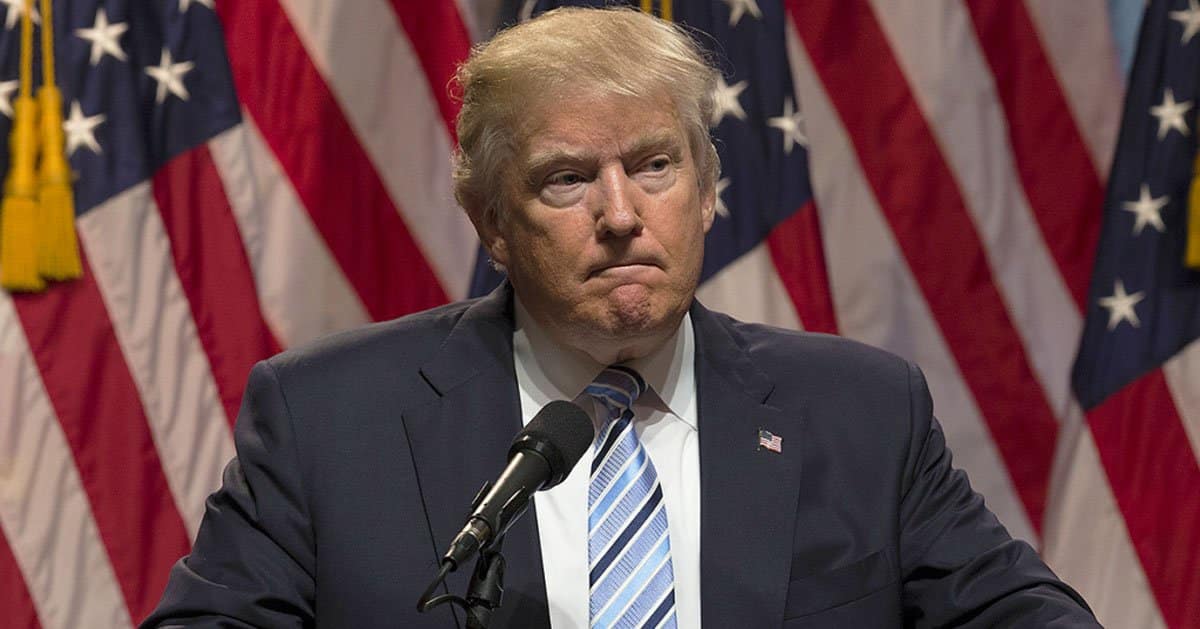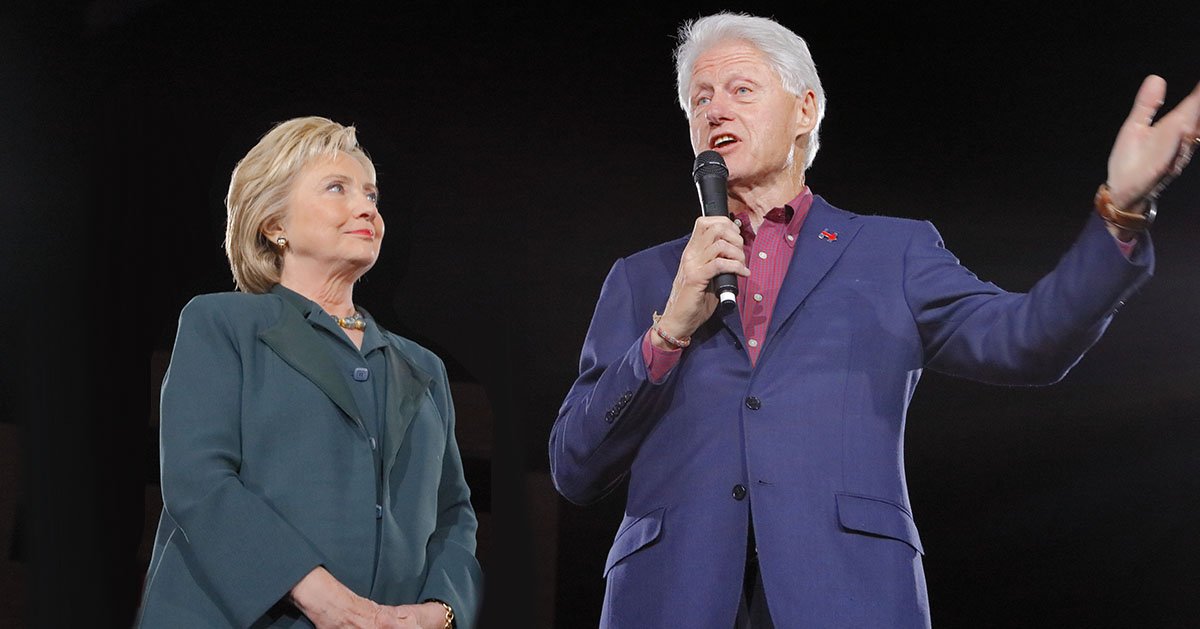








Former President Donald Trump's legal team is leveraging a recent Supreme Court ruling to challenge evidence in his criminal cases.
The New York Times reported that the Supreme Court granted Trump partial presidential immunity in a 6-3 vote. Chief Justice John Roberts authored the opinion, emphasizing that Trump has “absolute” presidential immunity for his "core constitutional powers", though no such protection exists for unofficial acts.
The ruling implies that evidence linked to official acts cannot be used against Trump, even in charges related to unofficial conduct.
This creates a substantial advantage for Trump's defense team, who view the decision as a "major victory".
The decision's impact is particularly notable in the Mar-a-Lago classified documents case, where Trump faces over 30 felony counts related to national defense information and obstruction in Florida.
Trump's defense plans to argue that the classified documents issue falls under official acts shielded by presidential immunity.
Federal Judge Aileen Cannon, overseeing the case, has yet to set a trial date or rule on the presidential immunity claim.
This ruling's implications extend beyond Florida, as it might influence Trump's ongoing legal battles in New York, Georgia, and over federal election subversion charges.
In New York, Trump was convicted on 34 felony counts related to a hush money payment scheme.
His sentencing was delayed to September by Judge Juan Merchan to allow time to consider the Supreme Court decision’s impact.
In the federal election subversion case, Trump's legal team is optimistic about dismissal based on the new ruling.
U.S. District Judge Tanya Chutkan is tasked with determining which allegations are barred by this decision.
The ruling could undermine parts of the indictment tied to Trump’s pressures on Justice Department officials. Proceedings in this case are currently paused until early August.
The Georgia election subversion case also stands to be affected. An appeals court in Georgia is reviewing efforts to disqualify District Attorney Fani Willis, amplifying the ruling’s reach.
Trump's attorney, Steve Sadow, has called for the Georgia charges to be dismissed under presidential immunity. Meanwhile, proceedings in Georgia are on hold pending the Supreme Court's analysis and potential appeals.
Legal experts have varied opinions on this defense strategy. Jessica Levinson described the approach as "super creative", acknowledging the need for Trump's team to pursue every possible argument.
However, Levinson expressed doubts about the strategy's robustness, stating, “Roberts didn’t say absolutely everything you do while in office is an official act." She elaborated that not every presidential conversation qualifies as an official act.
Levinson warned that stretching the opinion too far could prove problematic, noting, "It seems to me to stretch the opinion beyond its breaking point." Nonetheless, she acknowledged that the majority opinion leans toward presuming many communications as official acts, providing some level of protection.
Despite these arguments, Levinson stressed, “The Georgia case is in a lot of ways a state analog to the federal case, but the question of whether or not Trump has immunity is a federal constitutional question.”
This new legal landscape has put a pause on several key proceedings, allowing courts to reevaluate charges in light of the Supreme Court's landmark decision.
As the legal process unfolds, Trump’s team is poised to use the Supreme Court ruling as a cornerstone of their defense.
The implications of this decision span multiple jurisdictions and cases, challenging prosecutors to navigate the complexities of presidential immunity.
The coming months will be crucial in determining the extent to which the ruling shields Trump from his numerous legal battles. With proceedings on hold and courts reviewing the decision’s impact, the intersection of presidential powers and criminal accountability remains a contentious legal frontier.
Former President Donald Trump’s legal team sees the recent Supreme Court ruling on partial presidential immunity as a pivotal tool to argue against the evidence in his high-profile criminal cases, impacting proceedings from Florida to Georgia and influencing the broader legal landscape.



